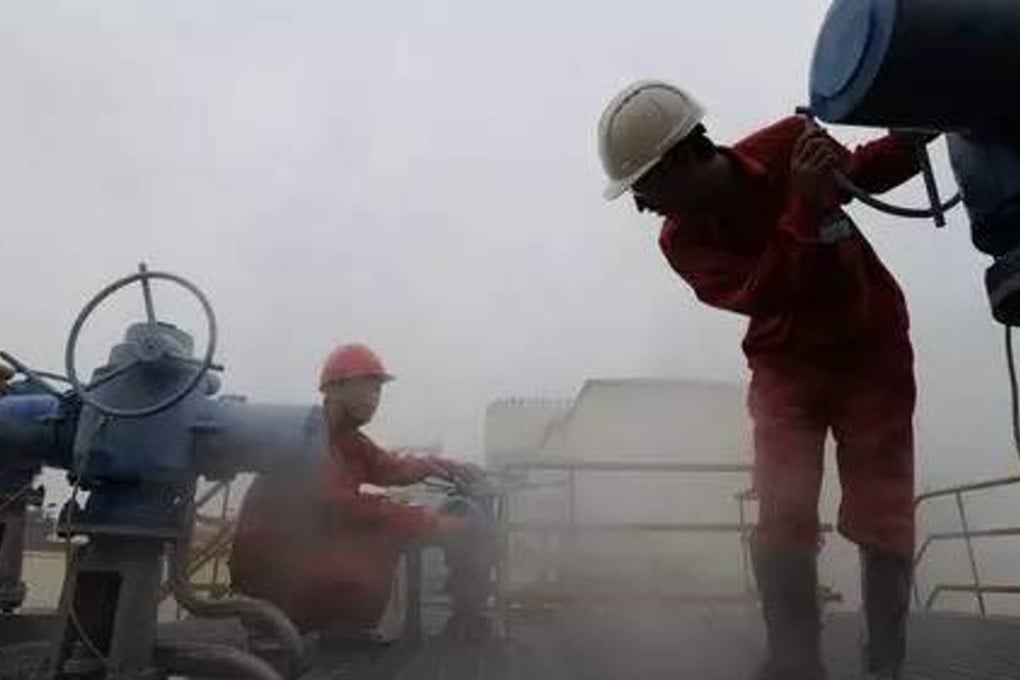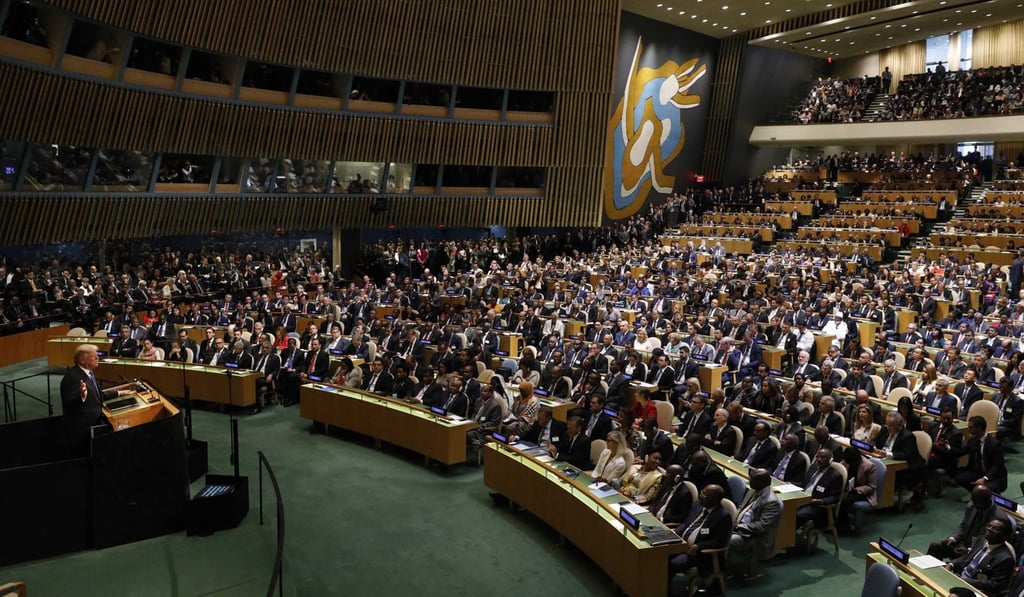Advertisement
What happens to Chinese oil if US-North Korea war erupts?
With tensions between Trump and Kim spiralling, analysis finds a third of seaborne oil trade would be jeopardised by conflict – and China has more at stake than either South Korea or Japan
Reading Time:4 minutes
Why you can trust SCMP

More than half of China’s crude oil production and up to a third of global seaborne trade of the commodity could be thrown into jeopardy if a conflict between the United States and North Korea erupted, analysts predict.
Advertisement
It’s a scenario that would cause chaos in the engine room of North Asia, threatening the shutdown of oilfields, refineries and petrochemical production facilities – all key drivers of China’s economy.
Energy industry intelligence firm Wood Mackenzie published the hypothetical analysis on China, Japan and South Korea last week as tensions between the US and North Korea reached new heights.
Despite multiple rounds of UN sanctions, the North’s defiant dictator Kim Jong-un has vowed to complete the country’s nuclear programme and achieve what he calls a military “equilibrium” with the Western superpower. Days later, US President Donald Trump upped his aggressive rhetoric by declaring at the UN General Assembly that he wanted to “totally destroy North Korea”, bringing the likelihood of war a step closer.

Advertisement
According to Wood Mackenzie, such a conflict could threaten up to 13 million barrels per day of crude – a third of global trade – which is ferried in and out via the North Asian shipping lanes.

Advertisement